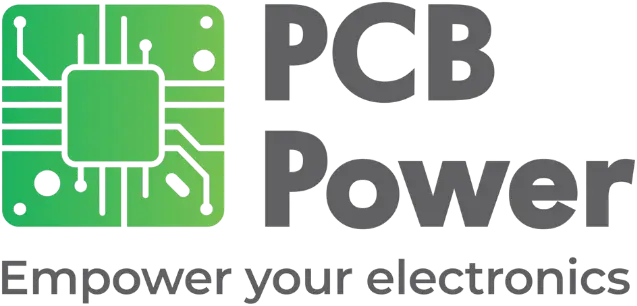
Innovations And Their Transformative Impact on Thermal Management In Electronics
Good thermal management is now absolutely essential in today's fast-paced electronic environment. As electronic devices become smaller, faster, and more complex, and the power requirement increases, they generate a significant amount of heat that must be carefully managed to avoid damaging sensitive components. Proper thermal management enhances the reliability and operational stability of components such as transistors and diodes, which are prone to overheating due to high power densities.
This article explores how new developments in thermal management are revolutionizing the sector, and offering means to raise dependability and performance.
Understanding the Importance of Thermal Management
From power electronics and data centers to electric vehicle batteries, temperature management is crucial for improving the performance and lifespan of a wide range of electronic devices. Whether you are into electronics design or PCB fabrication, thermal management is a major consideration. The safety, performance, and longevity of a device depend directly on effective heat dissipation. Particularly with high-density PCBs that demand higher current levels and power management, heat is an unavoidable byproduct of energy flow in the electronics sector. Inadequate thermal control can cause overheating to produce thermal stress, material degradation, and, finally, device failure.
Key Innovations in Thermal Management for Electronics
Recent developments are changing your approach to thermal management, which will help you to keep design integrity and easily control temperatures. Let us investigate a few of these developments.
Advanced Thermal Interface Materials (TIMs) and Heat Sinks
Advanced materials, including copper, vapor chambers, and even graphene, are now either substituting or augmenting conventional aluminium heat sinks. These materials improve device performance by channeling heat away from important components.
Thermal Interface Materials (TIM) are essential in filling the small voids between heat sinks and components, hence lowering thermal resistance. Phase-change materials and high-performance thermal pastes, which are among the innovative TIM, guarantee improved heat transmission from components to heat sinks.
Thermal Vias Technology in PCB Manufacturing
High-power applications depend on efficient heat dissipation. Small copper-lined holes drilled through PCBs form direct thermal paths from heat-generating components to other heat-dissipating sections of the board. These thermal vias improve heat transfer and stop PCB surface hot spots. High-density PCB layouts and power circuits have been found to be particularly beneficial by this technique.
Embedded Cooling Channels
Another revolutionary development is embedded cooling channels. Designers are increasingly incorporating micro-channels into the printed circuit board (PCB) or substrate material as an alternative to using external cooling components. This approach enables effective control of heat flow within the board, allowing for direct cooling of important sections without the need for large heat sinks.
Smart Thermal Management Solutions
Using sensors, actuators, and sophisticated algorithms, smart thermal management systems track and regulate the heat profile of electrical equipment. Sensors in real-time temperature monitoring allow the temperature of important components to be monitored constantly, therefore enabling early overheating detection. Smart systems can modify cooling plans depending on real-time temperature data, therefore maximizing performance and energy economy.
Phase Change Cooling
Inspired by cooling systems found in nature, phase change cooling is becoming an effective thermal control technology. It absorbs and dissipates heat using the latent heat of vaporization. Using immersion cooling, electronic components are submerged in a dielectric fluid. Heat transfer happens from the components as the fluid evaporates. Two-phase cooling is based on a closed-loop system whereby a refrigerant phases to absorb and discharge heat.
Final thoughts
In PCB manufacturing and electronic design, thermal management is no longer an afterthought; rather, it is fundamental to guarantee dependability and performance. Your products' thermal management will be much improved by using innovative materials, cutting-edge cooling methods, and simulation tools applications. If you are looking for a reliable PCB manufacturer in India, who provides end to end PCB manufacturing services, from PCB Layout ,PCB Fabrication, Component Sourcing, PCB Stencil manufacturing to PCB Assembly, PCB Power delivers the expertise you’re looking for.
Get an instant quote right away from our website for all your PCB projects. Contact us through our email [email protected] or call us at +91 7600012414.



